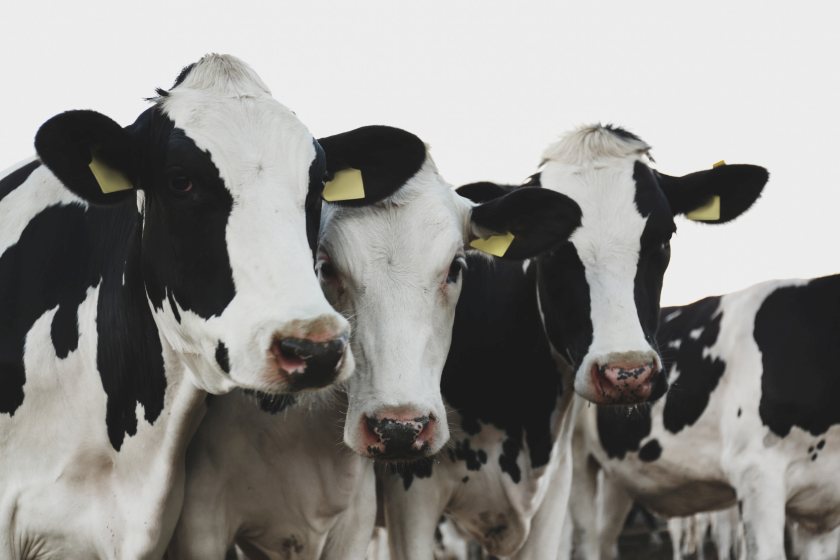Over 50 dairy farms join new network to slash emissions

More than 50 dairy farms across the UK are set to lead the charge in cutting emissions after being appointed to the newly launched UK Dairy Carbon Network.
The network brings together research institutions and industry organisations to demonstrate that lowering emissions can go hand-in-hand with boosting efficiency and productivity in the sector.
The three-year initiative was launched this week by the Agri-Food and Biosciences Institute (AFBI) and funded by Defra.
Work has already begun on collecting partial carbon footprints for each farm, which will guide discussions on the most effective ways to reduce emissions and enable progress to be tracked over time.
Participating farms have been grouped into four regional clusters: South and South-West England/Wales; Cumbria and South-West Scotland; North-West England; and Northern Ireland.
Over the course of the programme, farms will test and refine a suite of practices proven to cut greenhouse gas emissions, centring on priority areas.
The project will support breeding strategies that help reduce methane output, while also working to optimise feed formulation so that animals make more efficient use of their diets.
Alongside this, farmers will focus on improving herd health and disease control, recognising that healthier animals are both more productive and less emissions-intensive.
Professor Steven Morrison, project director at AFBI, said: “We are delighted to have brought together such a strong network of committed dairy farmers.
"These farms will act as living examples of what can be achieved when practical science meets on-the-ground know-how. The learnings we generate will be shared widely to help the whole sector move forward together.”
Another strand of the work will involve enhancing the quality and utilisation of forage, ensuring cows get the maximum nutritional value from home-grown feed.
Finally, farms will place a stronger emphasis on nutrient planning, helping to reduce waste and cut emissions linked to fertiliser use.
Each region will have dedicated farm liaison officers working closely with participants. Their role is to provide support while encouraging wider knowledge exchange through open days, farm walks and peer-to-peer events.








